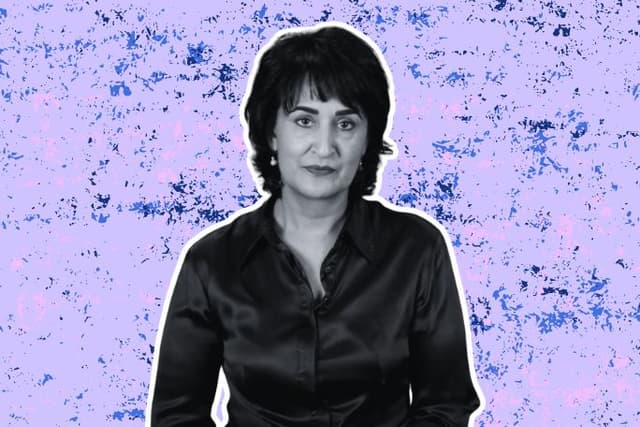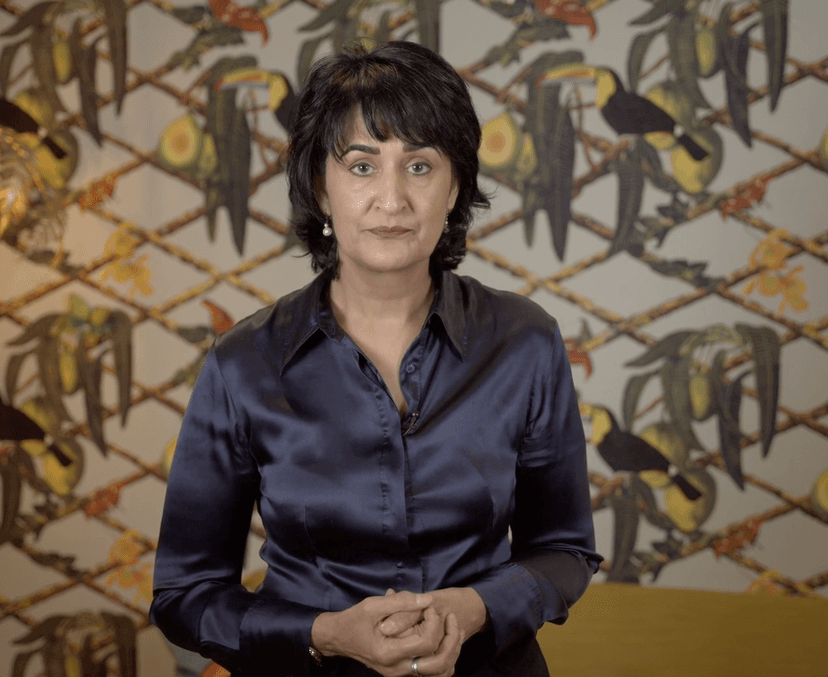
Applying Critical Thinking to Navigate Online Information with Confidence
Go to
Course Summary
Course Content

Applying Critical Thinking to Navigate Online Information with Confidence
Intro
What is critical thinking?
Understanding information disorder
Who spreads false information and why?
Six-point strategy for critical thinking
Cultivating a critical thinking mindset
Deep dive into checking sources
Deep dive into understanding bias
Evaluating social media accounts
Evaluating news sites
Evaluating images online
Evaluating videos online
Transferring these skills to the classroom
How can I share what I’ve learnt with others?
Reflection
Congratulations
Course Writers

Sushi Das is an award-winning journalist and lecturer with RMIT University’s Information Integrity Hub. For more than 20 years, she worked as a journalist for The Age newspaper in senior editorial positions, including news editor and opinion editor. More recently, she was Head of Fact-Checking at RMIT, where she led a team of fact-checkers who worked in partnership with Meta to verify inaccurate and misleading information on social media platforms. She lectures in journalism and produces educational resources to help build resilience against false and misleading information that can undermine democracy and cause serious harm to people’s health and finances. Sushi is also researching fact-checking for her PhD.